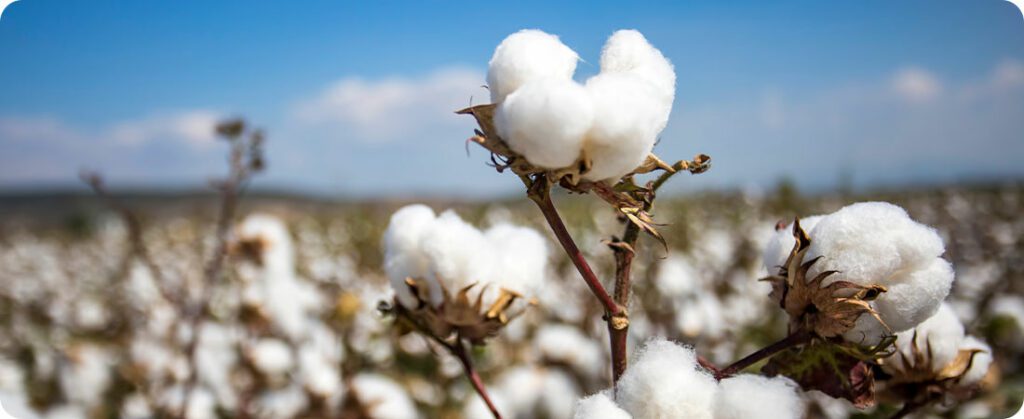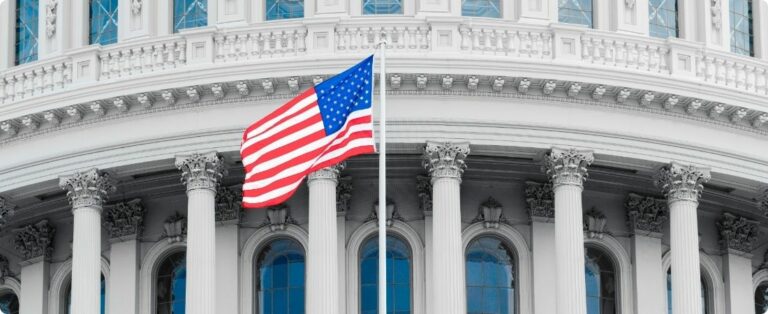
The Minister of Agriculture and Livestock, Carlos Fávaro, participated in the inauguration ceremony of the new board of directors of the Mato Grosso Cotton Producers Association (Ampa), chaired by Orcival Gouveia Guimarães for the 2025-2026 biennium. The event took place last Wednesday (27), in Cuiabá (MT).
On the same day that Brazil reached the milestone of 282 new markets opened for agricultural products, the minister highlighted the importance of Ampa and cotton Brazilian as examples of excellence in conquering the global market.
Growth of Brazilian cotton in the global market
Although global cotton consumption has not shown significant growth in recent years, Brazil consolidated its leadership in the sector in 2024, becoming the world's largest exporter. According to the minister, this was possible thanks to the more than 200 certificates that attest to the quality and rigorous procedures adopted in national production.
“Nobody in the world has this quality. Nobody in the world does this. That’s why we’ve become the world’s largest exporter,” said Fávaro.
So far, Brazilian cotton exports in 2024 have already exceeded US$4.2 billion. Mato Grosso, the main producing state, was responsible for more than half of this value.
Innovation in traceability
Brazilian cotton undoubtedly stands out in the international market for its advanced traceability system. For example, through a QR Code on the labels of clothing items, consumers can access detailed information about the origin of the raw material, including the location and producer responsible for its cultivation.
Consequently, this rigorous quality control not only ensures transparency, but also reinforces the reputation of Brazilian products in the global market.
Law of reciprocity and market expansion
During the event, the minister also emphasized the importance of approving the Reciprocity Law to ensure that other countries meet the same quality standards required by Brazil.
“Do you want to buy from Brazil? You will receive all the quality guarantees. On the other hand, Brazil also demands reciprocity, and I doubt that anyone will be able to fulfill everything we have achieved,” reinforced Fávaro.
The minister then also highlighted the positive impact of the resumption of diplomatic relations on Brazilian agriculture, contributing to the country's economic growth.
“Brazil is experiencing a period of prosperity, with the economy growing at 3% and unemployment reducing to 6.4%,” he noted.
Prospects for the agricultural sector
Carlos Fávaro stressed that market expansion is essential for regions whose main economic activity is agriculture. He mentioned that states like Mato Grosso, with unemployment rates close to 21%, have directly benefited from this dynamic.
The minister concluded by highlighting that the adoption of good social and environmental practices, combined with the strengthening of traceability, is fundamental to consolidating Brazil as a global reference in the sector.
Source: datagro















